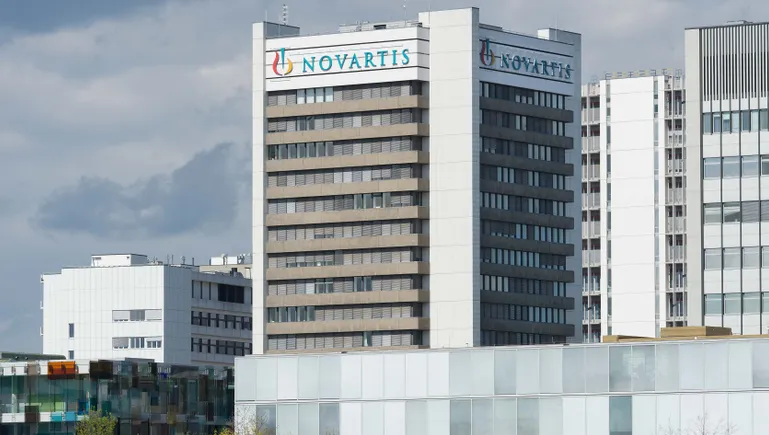4D Molecular data ‘bode well’ for eye gene therapy, but shares fall


Dive Brief:
- People with a common form of macular degeneration needed far fewer injections to manage their eye condition following treatment with an experimental gene therapy developed by 4D Molecular Therapeutics, the company said Wednesday.
- Study investigators found 4D Molecular’s therapy reduced patients’ treatment burden by between 83% and 98%, depending on the severity of their disease and when they were diagnosed. The therapy, which is delivered via an eye injection, appeared to have a safety profile roughly in-line with available medicines, like Eylea and Vabysmo.
- 4D Molecular also shared its plans for a Phase 3 study program of its gene therapy, which will involve two randomized trials comparing the experimental treatment to Eylea. However, investors didn’t receive news of the data well, sending shares in the biotechnology company down by as much as 25% Thursday.
Dive Insight:
4D Molecular is one of a handful of developers testing genetic treatments for conditions of the eye. Seven years ago, the field produced the first gene therapy approved in the U.S. for an inherited disease, Spark Therapeutics’ Luxturna.
But progress has been rockier since then, despite periodic investments by large pharmaceutical companies in biotechs like Spark that have driven research forward. A big acquisition by Biogen never panned out, as did another by Novartis. Several biotechs that have remained independent have hit either research or business roadblocks.
4D Molecular’s research is led by a treatment dubbed 4D-150, which it’s developing for wet age-related macular degeneration and diabetic macular edema. The results it unveiled Wednesday are in the former condition and come from several cohorts of patients enrolled in a Phase 1/2 trial.
In wet AMD, 4D Molecular’s goal is to lessen the frequent eye injections used to slow vision loss from the common condition, in which abnormal blood vessels grow into the center of the retina and cause visual distortion. Without treatment, the condition can eventually progress to blindness.
4D focused its analysis of the results on the percentage of patients who remained injection free after its treatment, or needed only one supplemental injection. Among the 24 people with severe disease enrolled into the Phase 1/2a portion of the trial, 44% were injection free through one year. Overall, investigators reported an annualized reduction in injections of 83%. Those figures were 70% and 89%, respectively, in a broader group of 30 patients, and 98% and 87% among 15 newly diagnosed patients.
Only 2 of the 71 patients overall who received the company’s target dose of 4D-150 experienced intraocular inflammation, on the high end but within range of rates observed in testing of Eylea, Vabysmo and a new, longer-lasting formulation of Eylea.
Analysts who follow 4D Molecular viewed the results as positive, but acknowledged a debate over how efficacious the company’s treatment might ultimately be.
“Bears will point to eroding injection-free rates, especially in severe patients, while bulls will point to stabilization of efficacy in the post-24 week period,” Mani Foroohar, an analyst at Leerink Partners, wrote in a client note, using the metonyms by which Wall Street refers to skeptics and optimists.
Kelly Shi, an analyst at Jefferies, wrote that 4D-150’s benefits seem correlated with disease severity, which she said should “bode well” for Phase 3 trials the company has planned. “We think the highest bar is on safety, for which 4D continues to differentiate.”
4D Molecular said it plans to test 4D-150 in two Phase 3 studies that compare it to a once-every-two-month dose of 2 milligram Eylea. It expects to begin enrolling the first in the first quarter of next year.
Regenxbio is also developing a gene therapy for AMD with partner AbbVie. Phase 3 studies are already underway. Adverum Biotechnologies is advancing a prospect towards late-stage testing as well.
This post has been syndicated from a third-party source. View the original article here.




